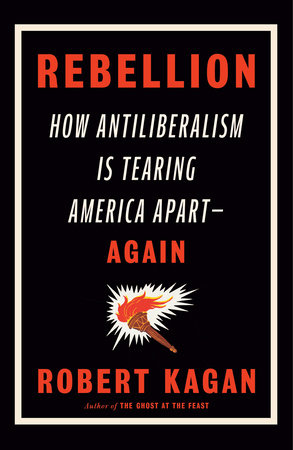It’s been a hard year for the Democrats. Well before concerns over President Joe Biden’s age rocked the presidential campaign, the party was forced to confront a grim political reality: voters did not decisively prefer them to the Republicans. Despite Donald Trump’s criminal conviction, open bigotry, history of sexual assault, semi-incoherent ramblings, and general unfitness for office; despite January 6, the end of national abortion rights, and the stumbles of the Republican House majority; despite a notable drop in violent crime and an economy that is performing statistically as well as it has in years—the best Democrats could hope for in November was a slim victory. Whatever effect swapping Biden for Harris might have, it won’t alter the underlying reality: the Democrats are roughly as popular as Trump’s Republicans, and the general election could be decided by a coin flip.
For a certain type of Democratic-aligned commentator, all this is utterly inexplicable. “Is there really one person voting for that guy?” MSNBC host Joe Scarborough exclaimed about Trump in March. “How stupid would you have to be?” Economist Paul Krugman expressed similar confusion in the New York Times in May. Economic data suggested that Biden’s economy was in “remarkably good shape,” yet polling indicated most Americans felt it was falling apart. Krugman threw up his hands: “It’s surprisingly hard to pin down where negative views of the economy are coming from,” he wrote, calling the situation a “vibecession.”
Efforts to unravel this enigma have usually taken a “what’s the matter with Kansas?” approach—focusing on what’s wrong with Trump voters. Their media habits and religious predilections are favorite targets: Fox News, Tucker Carlson, Joe Rogan, and evangelical Christianity all share in the blame. A large group of Americans, the argument goes, simply don’t identify with the egalitarian culture of liberalism, seeing in Trump a champion of old hierarchies (patriarchal, Christian, and/or white supremacist) that they are more comfortable with. Some view Trump’s followers as, in effect, agents of a new fascism, while others have posited that the former president, while not an outright fascist, is an expression of popular opposition to liberal values. Whatever the exact diagnosis, the point is the same: the biggest problem confronting the United States today is Trump, his voters, and their bigotry.
Two recent books, Robert Kagan’s Rebellion and Steven Hahn’s Illiberal America, show that this form of inquiry remains widespread—and that it is largely exhausted of political insight. Each locates Trumpism at the end of a long counter-liberal tradition. By reinforcing the familiar idea that the Trump movement reflects some of the darker aspects of American history, while obscuring other explanations for the present political juncture, Kagan does more to hinder our understanding than to deepen it. Hahn comes closer to offering something new, but is likewise limited by the nature of the question, “What is wrong with them?” It’s long past time for Trump’s opponents to ask instead, “What might be wrong with us?”

